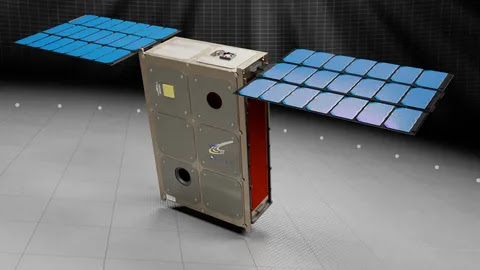Biobanking Equipment Annual Sales, Size, Major Strategies, Key Companies, Revenue Share Analysis, 2018-2026
Biobanking Equipment refers to organized
collections of biological samples and related data that are kept for use in
future research. Blood, tissue, and urine are common bio specimens handled by bio
banks. They are founded either as independent entities or as part of university
medical or research institutes, pharmaceutical or biotechnology firms. Blood,
enzymes, organ tissue, urine, and DNA, RNA, and cell lines are just a few
examples of the samples that can be found in bio banks, which can also be
disease- or population-based.
As part of precision medicine, the bio
banks also assist in the development of a number of novel medicines that are
specifically adapted to a patient's unique genetic makeup or tumor's unique
genetic profile. Alzheimer's disease, arthritis, cardiovascular illnesses,
diabetes, cancer, and psychiatric disorders can all be successfully treated
with precision medicine. Obesity,
neurological disease, and pain
In 2017, the market for BioBanking
Equipment was valued at US$ 1,778.3 million, and it is anticipated to grow
at a strong CAGR of 7.5% over the following five years (2018 – 2026).
Biobanking
Equipment- The process of preserving bodily fluids or tissues for use in
research to better understand health and illness is known as biobanking. The
most popular types of samples kept for future investigation are blood and
urine. Saliva, fat samples, umbilical cord blood, and spinal fluid are also
taken for various tests. The growth of government and private financing
initiatives for research is a key factor propelling the worldwide biobanking equipment market. An
increase in chronic disease cases also spurs market expansion. In the recent
years, North America has experienced substantial expansion. For hosting a
significant number of drug discovery and research operations in these two
areas, several bioscience businesses establish headquarters and research
facilities there. However, hefty automation costs and moral and social In these
regions, market expansion is anticipated to be hampered in the near future by
problems with the acquisition of bio specimen samples.
Segmentation
for biobanking
Equipment
The
specimen type, kind of bio bank, ownership, application, end user, and area are
the several market segments for bio banking. The market is divided into cell
lines, nucleic acid, solid tissue, blood products, and other specimen types.
The market is divided into population-based bio banks and disease-focused bio
banks based on the type of bio bank. It is broken down into national/regional
agencies, non-profit organizations, universities, and private organizations
according to ownership. The study's applications include both research and
therapeutic ones.
Key
player
v Merck KGaA
v Chart Industries Inc.
v Greiner Holding AG
v Hamilton Company
v Brooks Automation Inc.
v Panasonic Healthcare Holdings
.webp)



Comments
Post a Comment